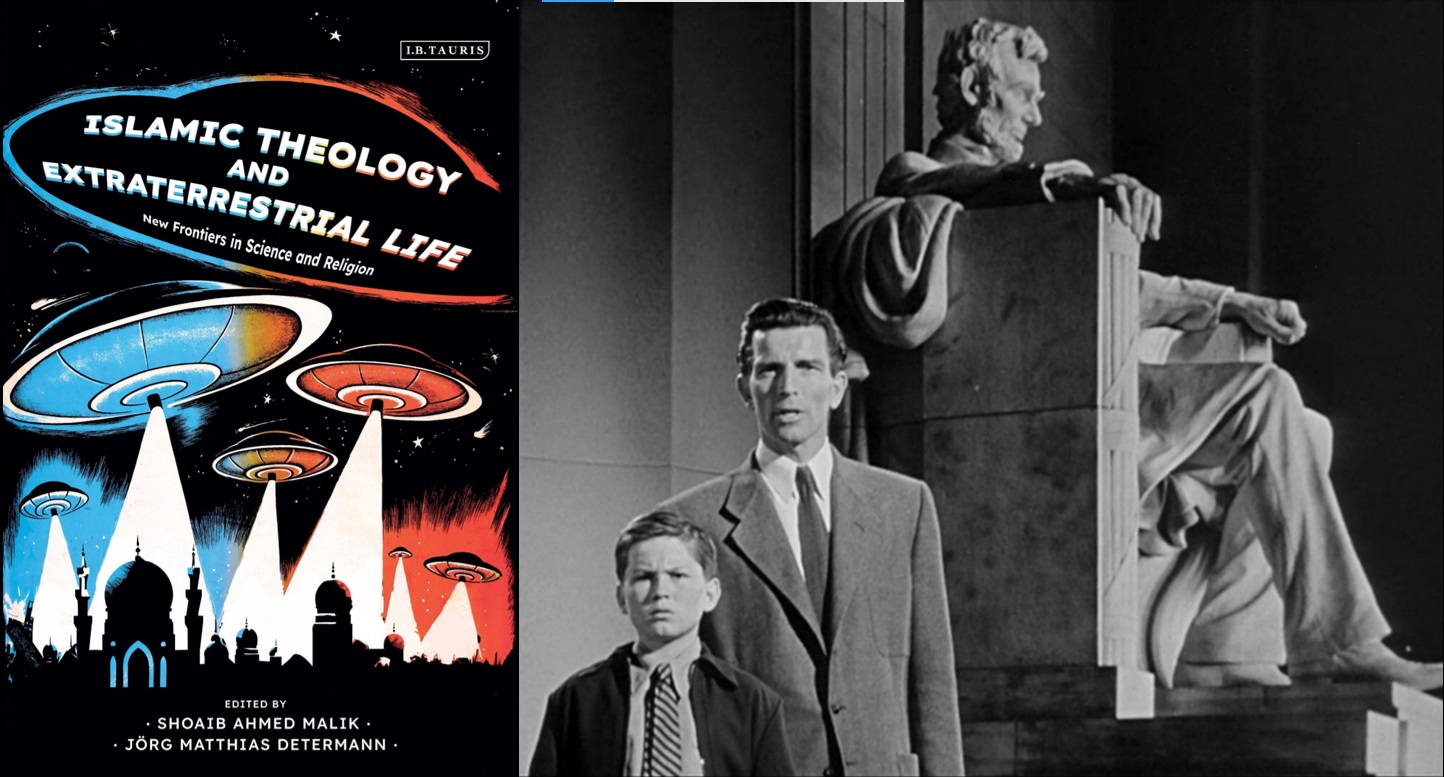
There are times when a university not only fails but betrays itself. Leiden University's decision to ban Israeli physician Dr Amit Frenkel is such a moment. Dr Frenkel, an intensivist at Soroka Medical Centre in Beersheba, was on the front lines of human civilisation on October 7th. As terror was unleashed, he led the care of hundreds of wounded. In three hours, his team performed 318 life-saving procedures and treated more than 600 victims. One doesn't have to agree with one's country to respect this work. This wasn't politics: this was medicine, humanity, civilisation. And yet, Leiden banned this man.
By Oscar Hammerstein
According to the Executive Board's initial response, sentenced in polite administrative language, Frenkel was "not refused," but "unfit within the LUMC organisation at too short a time." That sounds casual; it is casual. Because for anyone outside the internal universe of departments and structures, the message is clear: the oldest university in the Netherlands didn't dare admit an Israeli physician.
My first letter to the rector, in which I denounced this, was answered with explanations, references to protocols, and an attempt to deflect responsibility. The tone was defensive, the argument fragile, the outcome indefensible. That could have been the end of the affair. But it became the beginning.
From an incident to a matter of principle What followed was a series of letters, conversations, and explanations in which the university board—each time in different terms—emphasized that they had proceeded carefully, were working on assessment frameworks, had established a committee, that processes had to be respected, and above all, that they understood the seriousness of the matter.
In the meantime, it became clear that they had done something beyond following processes: they had already made a decision.
On November 11, the Executive Board announced that it was temporarily suspending institutional collaborations with Israeli universities, namely the Hebrew University of Jerusalem and Tel Aviv University. The justification was couched in language that has become standard in academic administrative jargon: "human dignity," "fundamental rights," "UN Guiding Principles," "broad assessment frameworks in development," "ethical considerations," "sustainable cooperation."
It is, as I wrote in my correspondence, a language that shines like marble but cracks like cardboard. The question is not which words are used, but how they reach a decision. And that is where the problem lies.
Decision-making without standards: the core of the problem
In its response, the university acknowledged that: "the assessment framework did not yet exist and will only be developed later, but that the decision had to be made now." Writing it this way identifies the problem: the decision came first, the framework came later, and the justification came afterwards. In doing so, the university did not assess but reacted, did not evaluate but extrapolated, did not govern but capitulated.
Rector Magnificus Hester Bijl wrote that sensitive reporting had created "an incorrect impression" and that the hope was to "eliminate the noise." But noise only arises when the signal is missing. An action based on principle does not need to be explained; at most, it needs to be clarified. An action that is not based on principle must be presented, circumscribed, mitigated, expanded, clothed in procedural language, committees, and cautious language. And that is precisely what happened here.
The Selectivity of Moral Outrage
Leiden's suspension of its academic ties with Israeli universities must be seen in a broader context. On the one hand, the university invokes universal values and the protection of human rights. On the other hand, it applies exclusively to a single country. Collaborations with universities in China, Iran, Qatar, Saudi Arabia, Russia (before 2022), or other countries where systematic oppression is not an isolated incident but a model of governance, remain unaffected.
The question arises: What standard does one apply? If one truly had a moral framework, it would consist of equal application. If one truly had an academic framework, it would consist of verifiable criteria. But Leiden has a framework that—as I wrote—still needs to be developed. And yet, decisions have already been based on it. It is the legal equivalent of a judge issuing a ruling based on the Human Rights Act before the law book has been written.
Leijten's core: the government that decides first and then thinks
Jan Leijten, former Advocate General at the Supreme Court, would recognise this behaviour: the tendency of institutions to confuse moral grandstanding with moral foundation. Leijten once wrote that institutions lose their identity when they prioritise the most compelling argument over the best-substantiated, when they allow the form of proceedings to dominate over substance, and when they prioritise the public face over the principled face. That is precisely what Leiden has done here.
The final play: the letter that lays it all
My final letter to the Executive Board, written from Panama on November 19th, summarises the problem. The university speaks at length but says little; it states principles but doesn't assess them; it refers to future frameworks but acts in the present.
I wrote: "The amount of text is disproportionate to the amount of content." "Your response repeats the same reasoning." "The application of your concepts is selective, politically motivated, and not based on a recognisable assessment framework." "First decide, then frame, then moralise: that is post-hoc rationalisation." A few sentences better summarise what's wrong here.
The Greater Danger
Anyone who thinks this is a discussion about one doctor, or one country, or one collaboration, fails to grasp the seriousness of the situation. What's truly at stake is this: Can a university remain a haven for debate when it bends to the street? Can science remain independent when it politicises moral judgments?
Can the spirit of Praesidium Libertatis survive when uncomfortable conversations are avoided? Freedom never dies all at once. It dies in stages. First through refusal. Then, through suspension. Then, through a framework. Then through silence.
An appeal to the university I once knew
I am not against assessment, not against reflection, not against moral consideration. On the contrary. But assessment without standards is arbitrary. Reflection without courage is powerlessness. And moral consideration without universality is political. Leiden can remedy the situation.
But then the board must do something it has avoided so far: revise the decision, acknowledge the error, and restore academic freedom. Not for me. Not for the Israeli universities. But for the university itself.
Without courage, there is no freedom. Without freedom, there is no university. And without a university, there is no Praesidium Libertatis; it is just a facade.
Oscar Hammerstein is a prominent Dutch public figure and retired lawyer. He has had a long career in the legal industry and has a strong entrepreneurial spirit. He is professionally skilled in Arbitration, European Law, Construction Law, Dispute Resolution, and Contract Law. This is his first publication at The Liberum.





